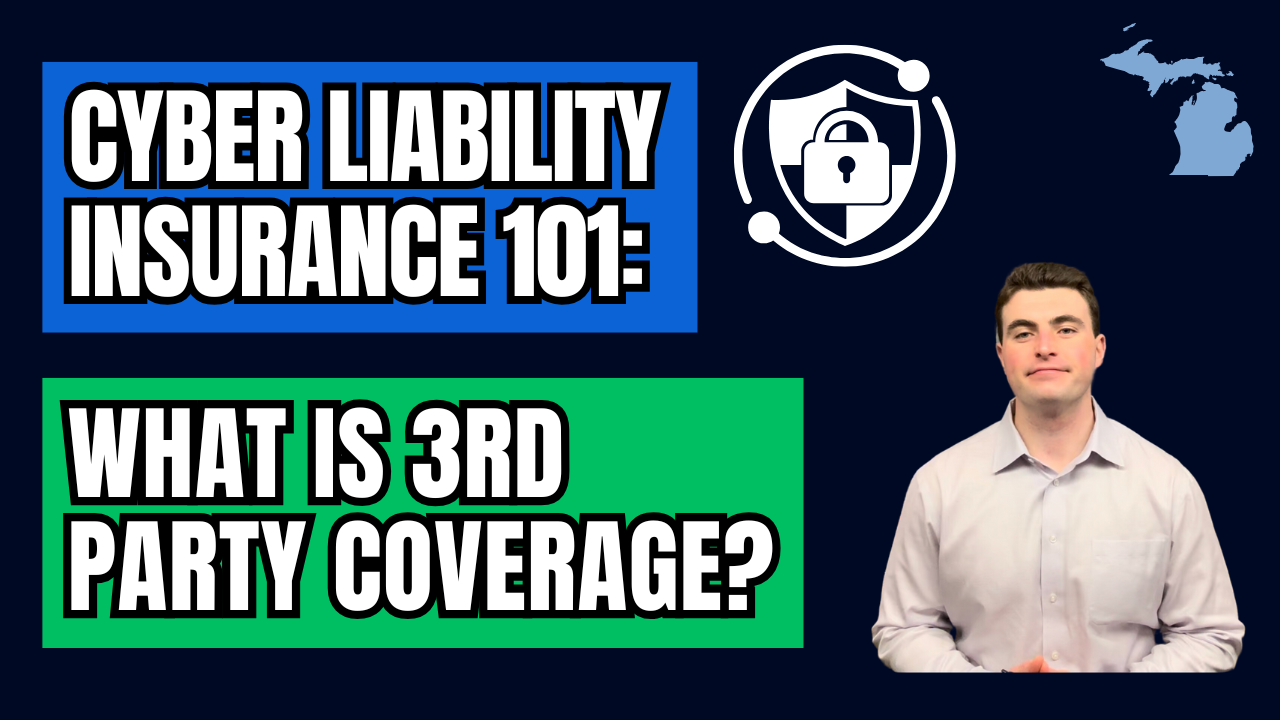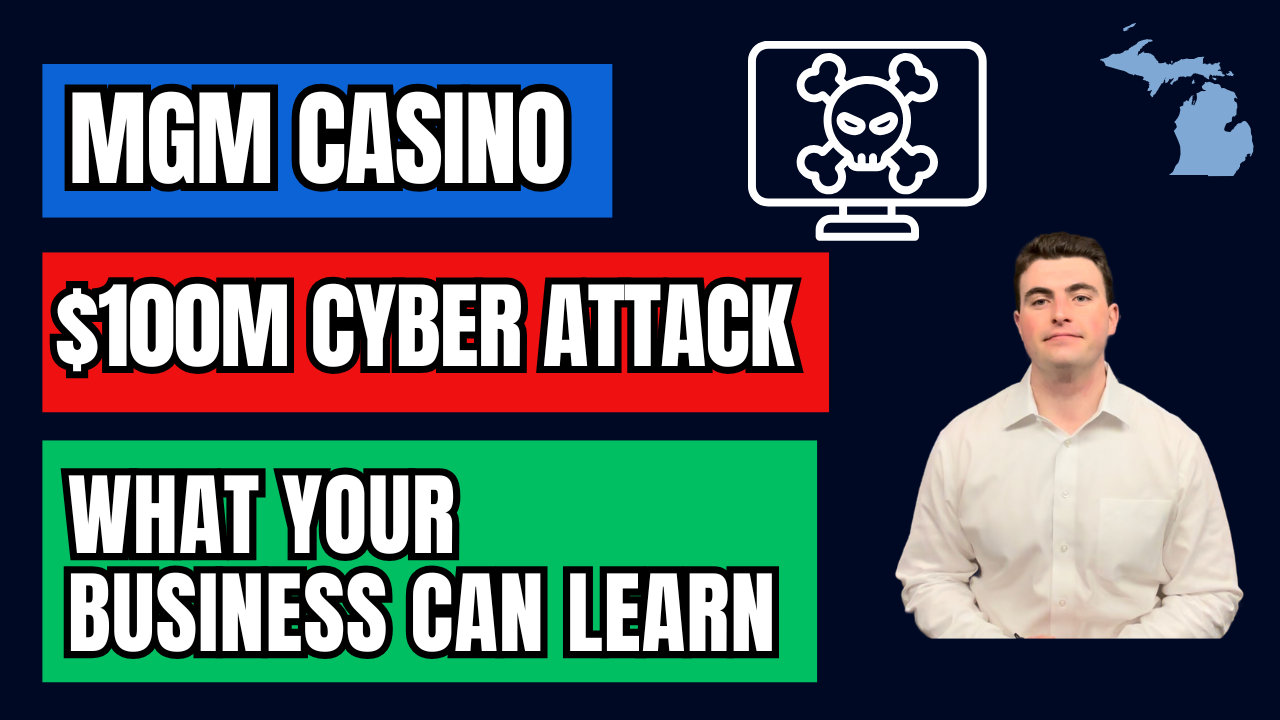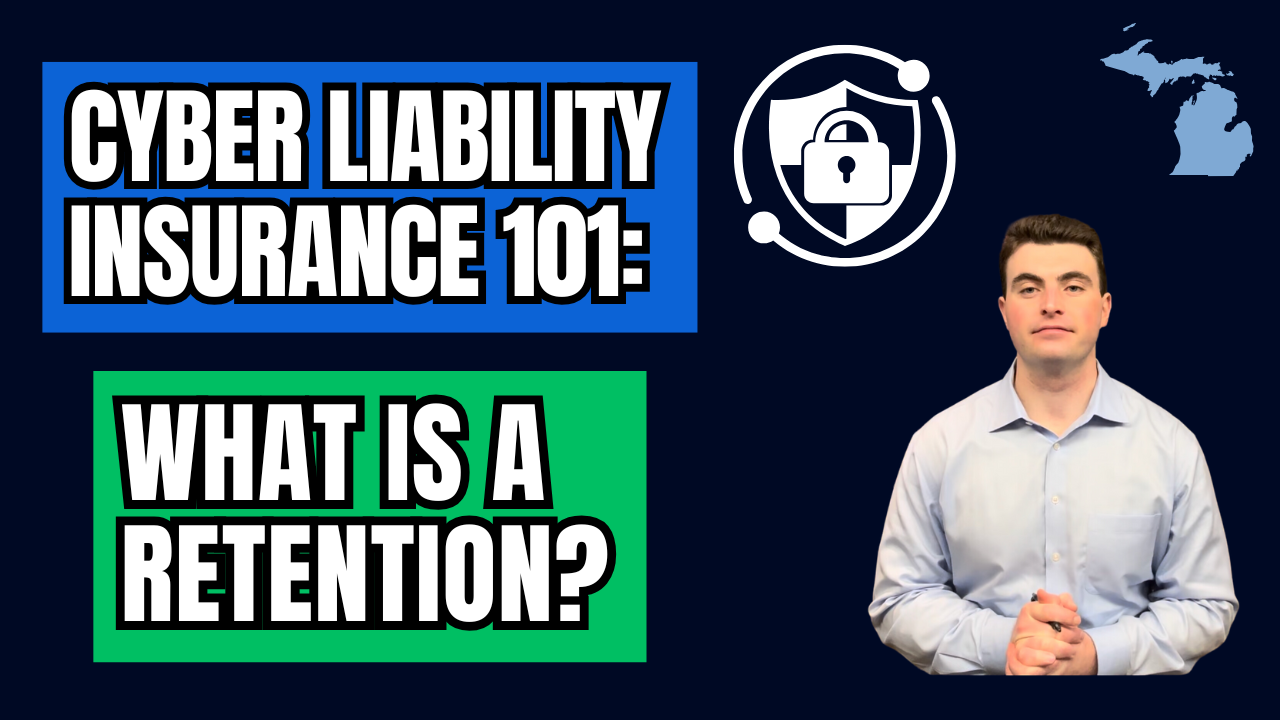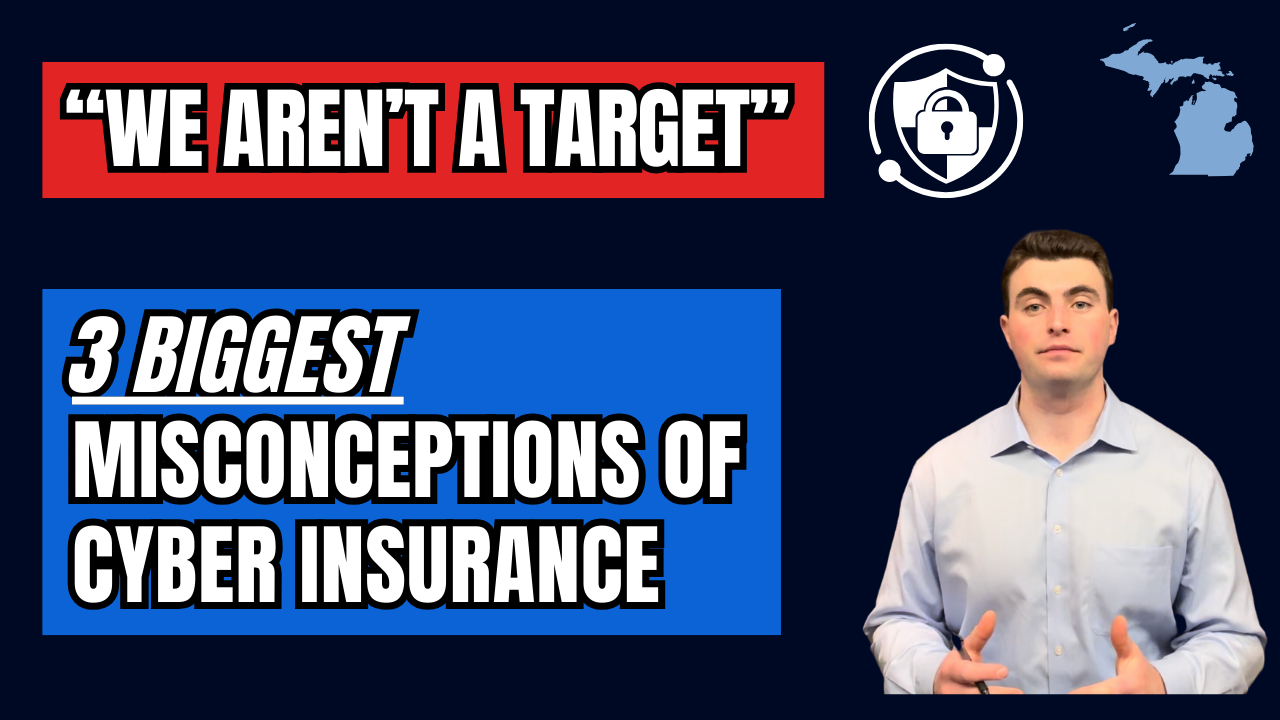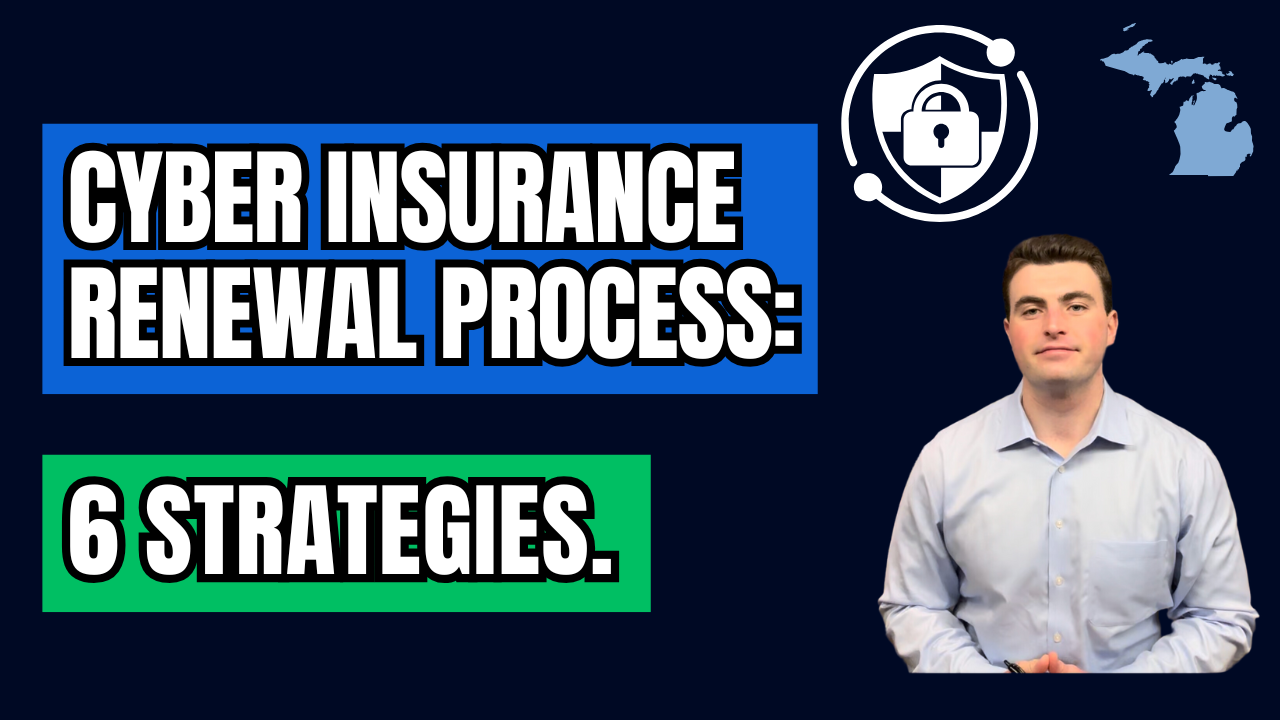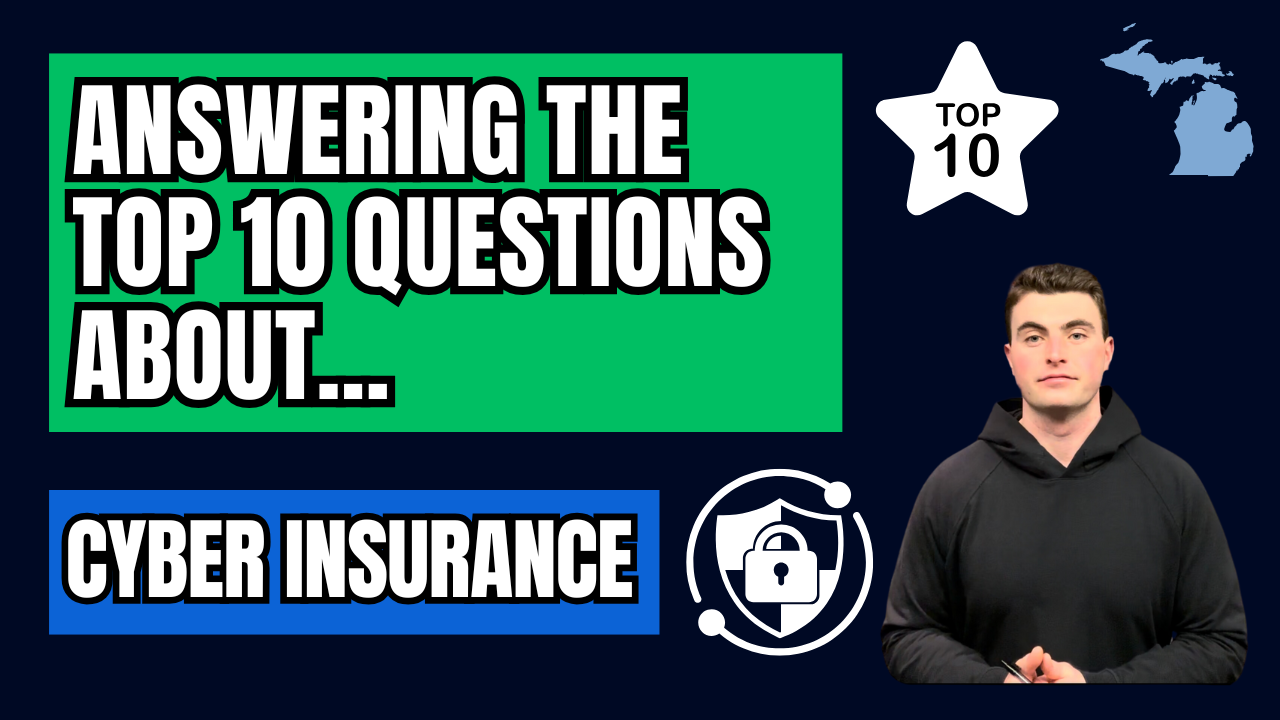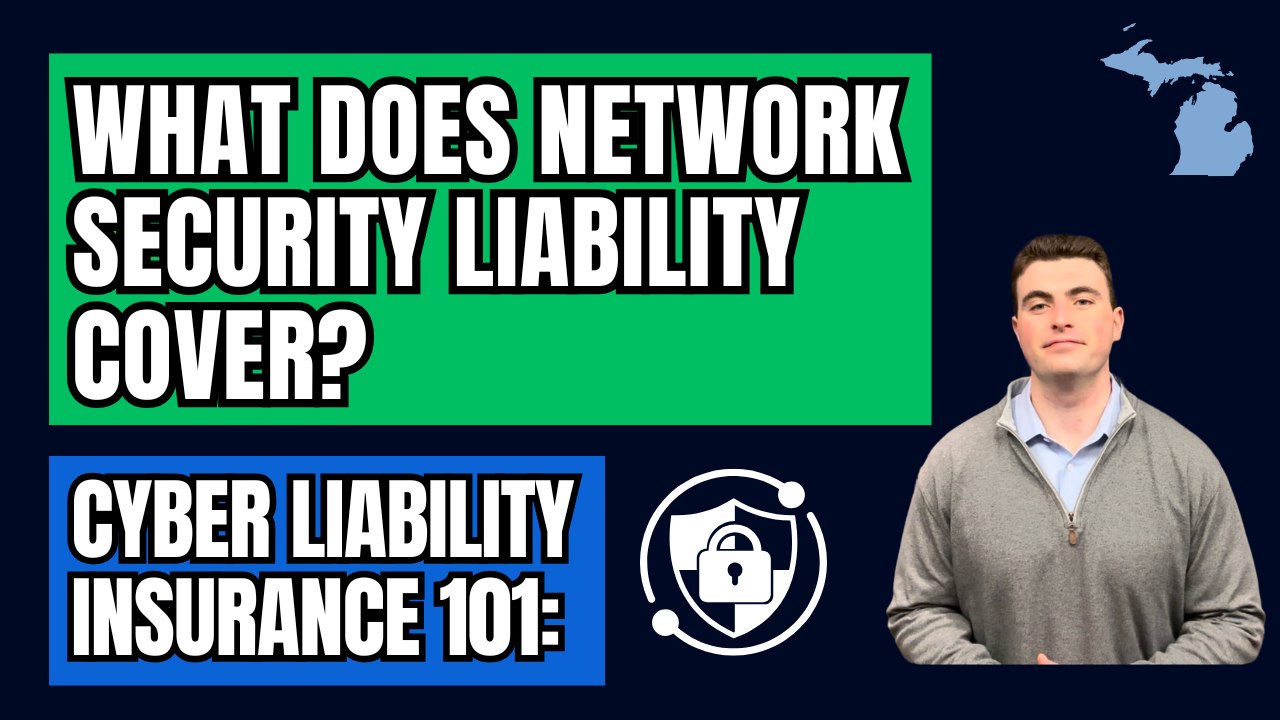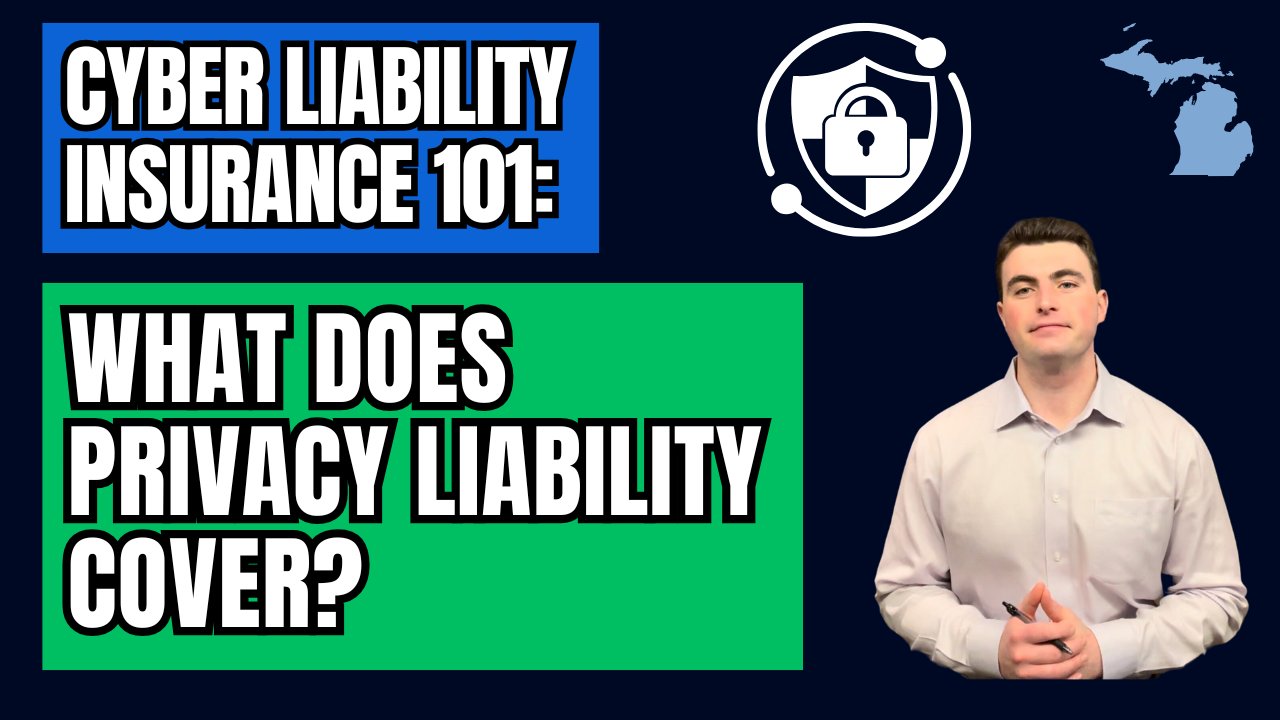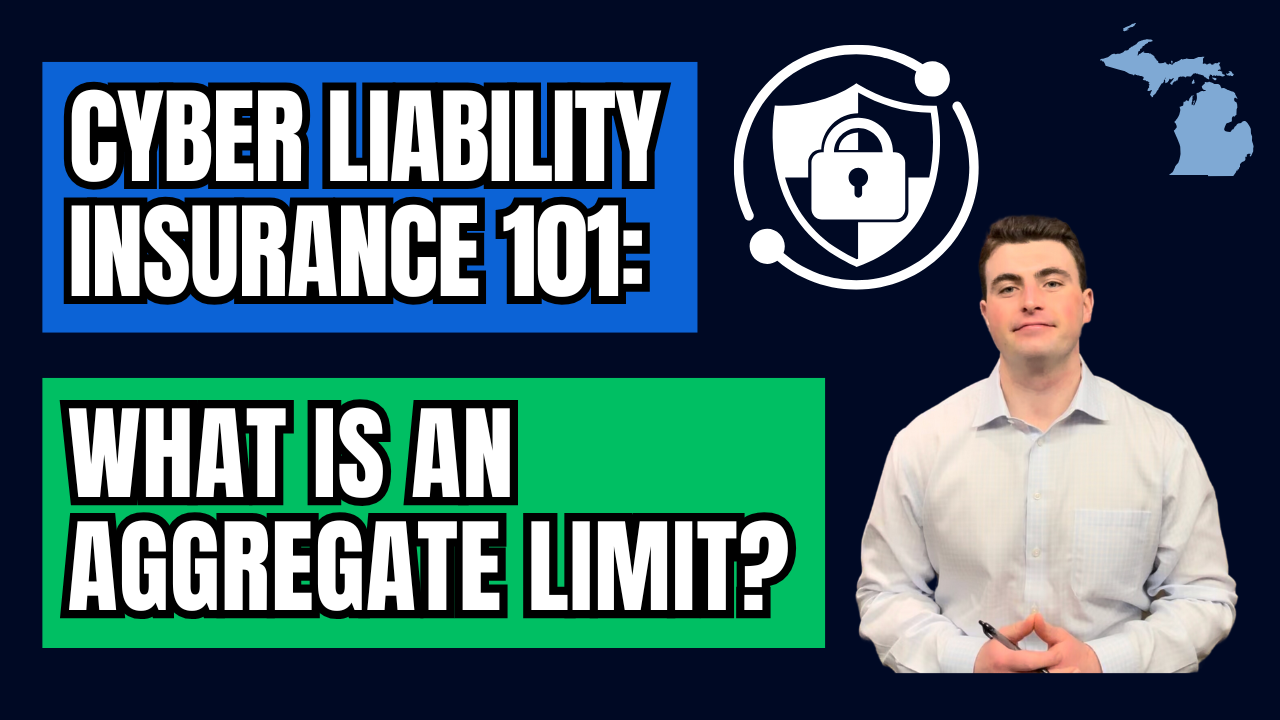What Is First Party Coverage in Cyber Liability Insurance?
What Is First Party Coverage in Cyber Liability Insurance?
In today's digital world, cyberattacks aren't just a risk—they're a reality for businesses of all sizes. That's why understanding your cyber liability insurance policy is crucial, especially when it comes to a key piece of protection called First Party Coverage.
What Does First Party Cyber Coverage Mean?
First Party Coverage is the part of a cyber liability insurance policy that protects your business from direct losses following a cyber event. It focuses on the costs and damages you incur internally—things that impact your own systems, operations, and data.
This is different from Third Party Coverage, which we’ll touch on below.
What Does First Party Coverage Typically Include?
Here are the main areas where First Party Cyber Coverage steps in:
Data Recovery Costs
If your data is lost, corrupted, or stolen, this coverage helps pay for the cost of restoring or recreating it.
System Repairs & Software Restoration
Cyberattacks often damage more than just data. This coverage can help cover the repair or reinstallation of software and systems affected by the incident.
Business Interruption Losses
When your operations are frozen due to a cyber event—like ransomware shutting down your network—this coverage can compensate for the
income lost during downtime.
Ransomware Payments
If a hacker locks you out of your system and demands payment (ransomware), First Party Coverage can help pay the ransom and associated expenses to get your business back up and running.
Breach Notification Costs
Many states have legal requirements to notify customers if their personal data is compromised. This coverage helps cover those
communication and mailing costs.
Credit Monitoring Services
To help protect affected individuals after a breach, many businesses offer credit monitoring. First Party Coverage can cover those service fees as part of your incident response.
What’s the Difference Between First Party and Third Party Coverage?
While First Party Coverage is all about your business’s own losses, Third Party Coverage is about protecting you if someone else holds you responsible for a cyber incident.
For example:
If a customer sues your business for failing to protect their sensitive information, Third Party Coverage would help cover legal defense costs, settlements, or judgments.
Why Does First Party Coverage Matter?
First Party Coverage is your business's first line of defense when a cyberattack hits home. It gives you the tools—and financial support—you need to respond quickly, recover effectively, and minimize operational and reputational damage.
In short, it protects your systems, your data, and your bottom line.
Final Thoughts
If you're reviewing your cyber liability insurance policy, make sure First Party Coverage is included and properly structured for your business's needs. Cyber threats are real, and having the right coverage in place ensures you’re not left picking up the pieces alone.
📞 Need help reviewing your cyber insurance coverage? We’re here to help.
Contact us today to make sure your business is protected.
Contact Us
We will get back to you as soon as possible.
Please try again later.
